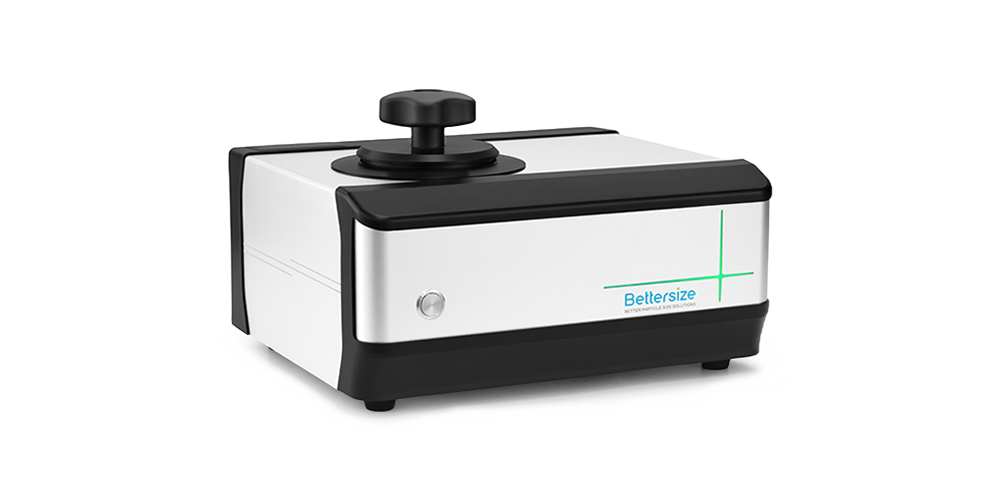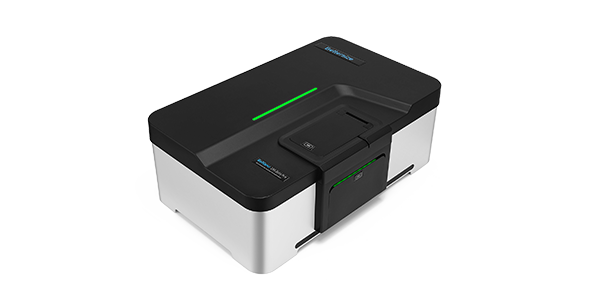- ● What is stability?
- ● When is stability analysis necessary?
- ● Related Instruments
What is stability?
In general, stability refers to the ability to resist changes. For stability analysis of dispersion, physical stability will be mentioned, which describes the ability to resist changes in the suspension status of substances over time. The physical properties of a dispersion may vary during storage, leading to unstable phenomena such as sedimentation or creaming. Whether a product is stable or not can evaluated by observing with the naked eye or using a specific analysis instrument --- stability analyzer. A formulation possessing excellent physical stability maintains its consistency, homogeneity, and efficacy throughout the designated usage and storage duration, necessitating minimal intervention for property preservation. This attribute is vital for the initial product development, ongoing quality assurance, and ensuring optimal end-performance of the product. which is critical to initial development, quality control, and product final performance.
When is stability analysis necessary?
In the development stage, stability analysis is used for formulation screening; When the formulation is decided, quality control requires stability evaluation; Storage and transportation conditions can be optimized through testing stability; Before use, many products need pre-treatment (e.g., shaking and dilution), good stability after pre-treatment is also the target of the investigator.
Related Instruments

BetterPyc 380
Gas Pycnometer
Technology: Gas Displacement Method
Temperature Range: 10 - 65 ℃
Resolution: 0.0001 g/cm³

BeNano 180 Zeta Pro
Nanoparticle Size and Zeta Potential Analyzer
Technology: Dynamic Light Scattering, Electrophoretic Light Scattering, Static Light Scattering

Bettersizer S3 Plus
Particle Size and Shape Analyzer
Measurement range: 0.01 - 3,500μm (Laser System)
Measurement range: 2 - 3,500μm (Image System)

Bettersizer 2600
Laser Diffraction Particle Size Analyzer
Measurement range: 0.02 - 2,600μm (Wet)
Measurement range: 0.1 - 2,600μm (Dry)

Bettersizer ST
One-stop Particle Size Analyzer
Dispersion type: Wet
Measurement range: 0.1 - 1,000µm
Repeatability: ≤1% variation

